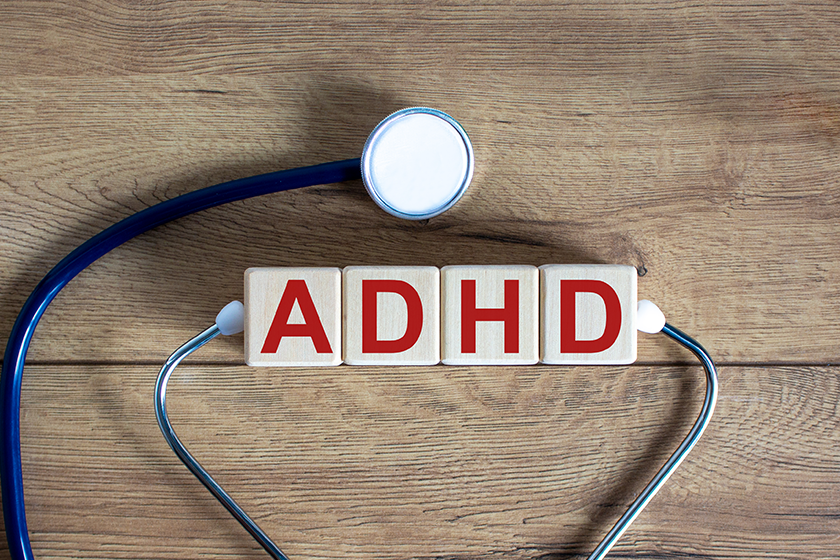Understanding ADHD Symptoms In Seniors

Attention Deficit Hyperactivity Disorder (ADHD) is not just a condition of youth; it also profoundly impacts older adults. If you or someone you care about resides in a retirement community and is experiencing challenges that seem beyond the usual forgetfulness associated with aging, it might be ADHD. In this blog, we will explore common ADHD symptoms in seniors.
The Unseen Struggle: ADHD in Later Years
As you enjoy your years in a retirement community, it is crucial to recognize that ADHD can often go undetected in older adults. The hyperactivity that is commonly associated with ADHD in younger individuals often transitions into more internal symptoms as one ages.
You may find yourself feeling restless, having difficulty staying focused on conversations or completing tasks that once seemed simple. These changes can be mistaken for age-related decline, but they may be indicative of ADHD.
Symptoms to Watch For
ADHD manifests in several ways that can disrupt your daily routine. Common signs include difficulty in maintaining focus, disorganization, forgetfulness and impulsivity. For example, you might start a new hobby or activity within your community but find it hard to stay engaged. Alternatively, managing medications and appointments can become unexpectedly challenging due to these focus issues.
Impact on Daily Life
Living with undiagnosed ADHD can affect your quality of life, leading to frustrations in everyday interactions and activities. In a retirement community, where you might rely on structured schedules and routines, these symptoms can cause significant disruptions.
Misplacing belongings or missing scheduled events can become frequent and the social implications—feeling out of step with peers—can also take a toll on your emotional well-being.
Diagnosis and Understanding
Getting a proper diagnosis is a critical step. A comprehensive evaluation by a healthcare professional, who understands how ADHD symptoms in seniors manifest, is essential. This process involves detailed discussions about your medical history, current symptoms and a review of how these issues have impacted your life.
Treatment Options and Strategies
Once diagnosed, there are several strategies to manage ADHD. Medication may be recommended and while stimulants are commonly prescribed, they must be carefully managed due to potential side effects in older adults. Non-stimulant medications and adjustments to existing treatments can also be beneficial.
Behavioral strategies play a crucial role in managing ADHD. Techniques such as establishing routines, using reminders and breaking tasks into manageable steps can significantly reduce the daily stress associated with ADHD. Engaging in regular physical activity and maintaining a healthy diet also support overall brain health, which can alleviate some symptoms.
Support Within the Community
Living in a retirement community offers unique advantages when it comes to managing ADHD. The structured environment and access to services and amenities can provide the support needed to navigate daily challenges. Additionally, participation in community activities can help maintain an active and engaged lifestyle, which is beneficial for mental health.
Seeking Help
Do not hesitate to seek help if you suspect ADHD is impacting your life. Consulting with a healthcare provider about your symptoms is a good first step. Furthermore, retirement communities often offer Assisted Care and counseling services, which can be invaluable resources as you develop strategies to manage ADHD symptoms effectively.
Understanding and managing ADHD in a retirement community setting requires awareness and proactive management. By recognizing the symptoms and seeking appropriate care, you can maintain a fulfilling and active lifestyle despite the challenges posed by ADHD. Remember, you are not alone, and support is available to help you navigate this condition successfully.
